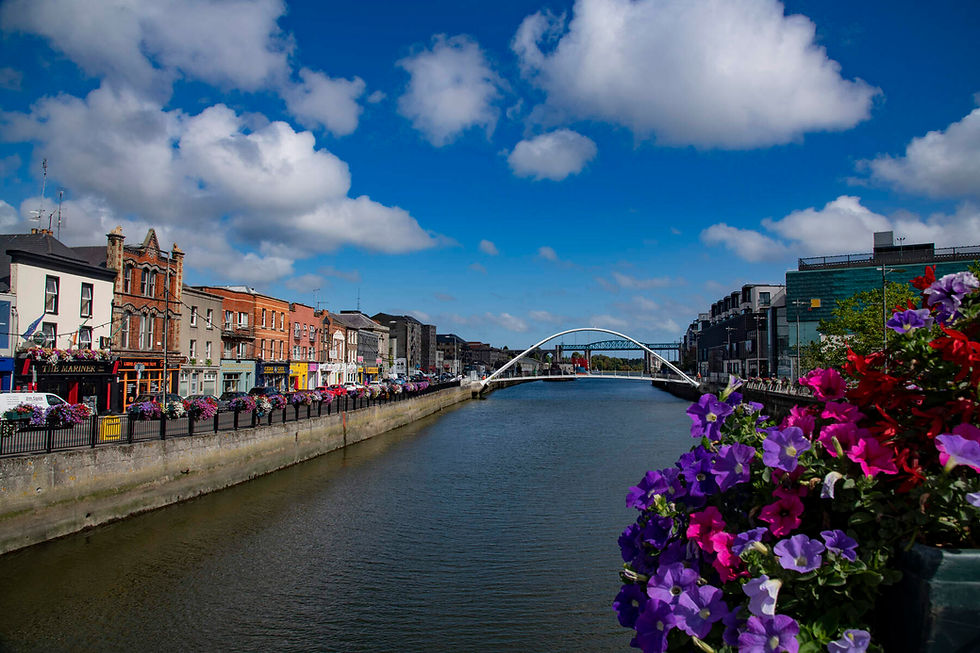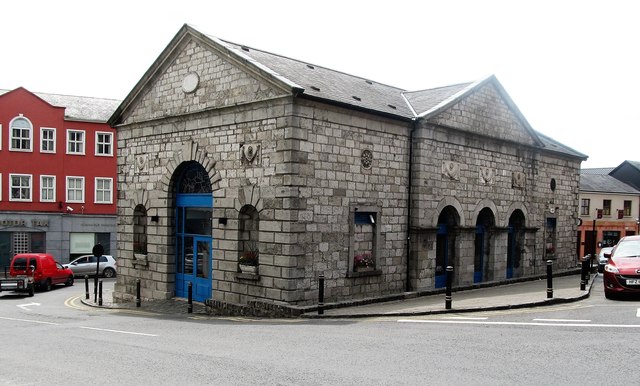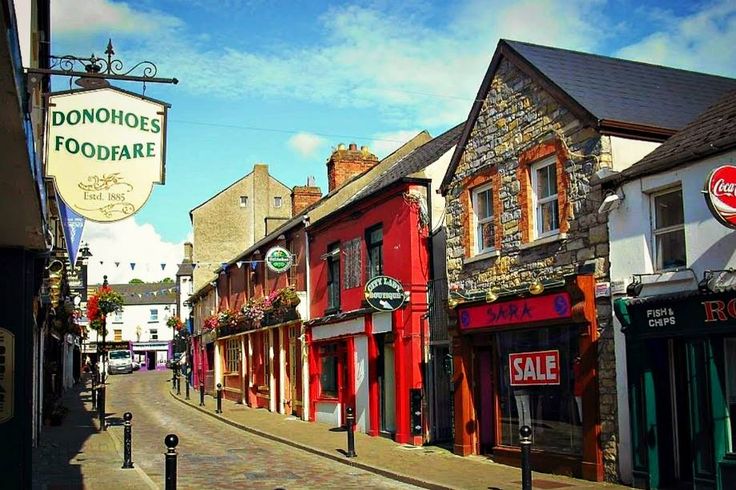Renting a home in Ireland as a foreigner can be an exciting step, whether you’re relocating for work, study, or a fresh start. But navigating the rental market comes with its challenges—particularly when it comes to documentation. Irish landlords and letting agents are strict about tenant vetting, and without the right paperwork, securing accommodation can be extremely difficult.
This guide outlines the essential documents foreigners need to rent property in Ireland, offers tips to streamline the process, and explains how Tenantin.ie can help you present yourself as a strong, trustworthy tenant in a competitive rental market.
Why Documentation Matters in the Irish Rental Market
Ireland is facing a housing crisis, with demand for rental accommodation far outweighing supply in key cities like Dublin, Cork, and Galway. As a result, landlords receive dozens of applications for a single property, often selecting tenants based on how prepared and professional they appear.
For foreigners, this makes it even more important to provide complete, verifiable documentation that assures landlords of your financial stability, legal status, and reliability. Being organised can make the difference between securing your ideal rental and being passed over.
Core Documents Required to Rent in Ireland as a Foreigner
While requirements may vary slightly between letting agents or private landlords, here are the most commonly requested documents:
1. Proof of Identity
All renters in Ireland must provide valid photo identification. For non-Irish nationals, this usually means a passport or national ID card. A driving licence may be accepted as additional proof but not in place of a passport.
If you’re from outside the European Economic Area (EEA), you may also need to provide a valid visa or Irish Residence Permit (IRP), showing your right to reside in Ireland legally.
2. Proof of Income or Employment
Landlords want to ensure you can afford the rent. Most will ask for recent payslips (typically 3 months) or a letter of employment that confirms your job title, income, and contract type (permanent, temporary, etc.).
If you’re self-employed, a recent tax return or bank statements showing regular income may be requested. Students may need to show proof of financial support, such as a scholarship letter or bank statement from a sponsor.
3. Bank Statements
Typically, landlords ask for three to six months of bank statements. These help verify your income and give insight into your financial habits—such as whether you consistently pay rent on time or manage your money responsibly.
4. Previous Landlord Reference
A reference from your previous landlord can be extremely valuable. It should confirm that you paid rent on time, kept the property in good condition, and adhered to the terms of your lease.
If you’re new to Ireland and don’t have an Irish rental history, a reference from a landlord in your home country is better than none. Some landlords may also accept references from employers or university accommodation officers if that’s all you can provide.
5. PPS Number
Your Personal Public Service Number (PPSN) is not always required at the viewing stage, but some landlords request it during the final stages of signing a lease. It is used primarily for legal and tax-related matters, such as registering your tenancy with the Residential Tenancies Board (RTB).
If you don’t have a PPSN yet, it’s a good idea to apply as soon as you arrive in Ireland.
6. Visa or Immigration Documents (if applicable)
If you’re from outside the EU/EEA or UK, be prepared to show your visa details, residence permit, or immigration status. These documents prove that you’re legally allowed to live and work in Ireland. Some landlords may also want to know your length of stay, especially for longer tenancies.
7. Rental Resume or Tenant Profile
This is not always a formal requirement, but it is becoming increasingly popular. A rental resume summarises your personal and professional background, income, rental history, and references. It presents you as a serious applicant and helps you stand out from the competition.
This is where Tenantin.ie can be a powerful tool in your rental journey.
How Tenantin.ie Can Help Foreigners Find Rental Property in Ireland
Finding a rental property in Ireland as a foreigner can feel like an uphill battle—especially when competing against locals who may already understand the system. Tenantin.ie is a digital platform designed to level the playing field by helping tenants build a strong, verified rental profile they can share with landlords.
Here’s how Tenantin.ie can support your rental search:
- Create a Professional Tenant Profile: Tenantin lets you upload your documents—like passport, proof of income, landlord references, and more—into one polished rental resume. This makes it easier for landlords to review your application and builds trust instantly.
- ‘On a Hunt’ Feature: With this paid option, your rental profile is automatically sent to landlords on FindQo.ie, Ireland’s growing property listing site. It saves you time, increases visibility, and ensures your application gets into the right hands.
- Daily Alerts for Matching Rentals: Once you set your preferences, Tenantin.ie will send daily property alerts tailored to your needs. This is a major time-saver and helps you act fast in Ireland’s fast-moving rental market.
- Ideal for Remote Applicants: If you’re still overseas or newly arrived, Tenantin.ie lets you apply for rentals before even arriving in Ireland, giving you a head start on securing accommodation.
With hundreds of renters competing for the same property, presenting yourself professionally and transparently can make all the difference. A strong Tenantin profile shows landlords that you’re organised, credible, and ready to move in.
Tips for a Smooth Rental Process as a Foreigner in Ireland
- Get Your Documents in Order Early: Don’t wait until you find the perfect property. Have all your paperwork ready so you can apply immediately after a viewing.
- Translate Documents if Necessary: If your bank statements or references are in a foreign language, consider providing an English translation.
- Avoid Scams: Never transfer a deposit before viewing a property or signing a lease. Use trusted platforms and services, and beware of listings that seem “too good to be true.”
- Be Honest: Landlords appreciate transparency. If you’re new to the country, explain your situation and offer alternative references or proof of reliability.
Final Thoughts
Renting property in Ireland as a foreigner requires preparation, patience, and a solid understanding of what documents landlords expect. Having the right paperwork ready—like ID, income proof, references, and visa details—can put you ahead of the competition.
Using digital tools like Tenantin.ie can further boost your chances. By presenting a professional rental profile and automating your property search, Tenantin helps you navigate Ireland’s competitive rental market with confidence.
Whether you’re a student, a professional, or starting a new chapter in Ireland, being organised and proactive with your documents is the key to finding your next home.



